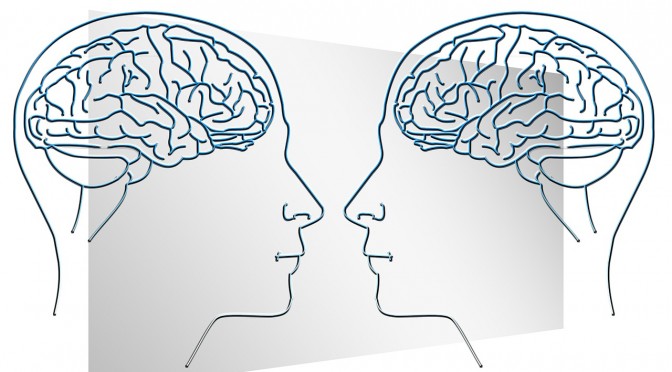Tag: Liberalism
-

Intellectuals vs. the rest of us
Why are so many opposed to private property and free exchange — capitalism, in other words — in favor of large-scale government interventionism? Lack of knowledge, or ignorance, is one answer, but there is another.
-
WichitaLiberty.TV: Liberty and individualism, or control and collectivism?
Can classical liberalism, that is to say modern libertarianism, provide an alternative to the command and control society of today?
-
Classical liberalism means liberty, individualism, and civil society
In a short video, Nigel Ashford of Institute for Humane Studies explains the tenets of classical liberalism.
-
Inside the progressive mindset
What’s astonishing is that there are those who believe that American journalism has been controlled or influenced to any significant degree by conservatives, or ruined by conservatives.
-
Intellectuals vs. the rest of us
Why are so many opposed to private property and free exchange — capitalism, in other words — in favor of large-scale government interventionism? Lack of knowledge, or ignorance, is one answer, but there is another.
-
Classical liberalism: Liberty, individualism, and civil society
In a short video, Nigel Ashford of Institute for Humane Studies explains the tenets of classical liberalism.
-
Classical liberalism values liberty, the individual, and civil society
In a short video, Nigel Ashford of Institute for Humane Studies explains the tenets of classical liberalism.
-
Lies of liberal progressives, Sunday edition
A recent television talk show provided viewers a lesson on how the political left lies and distorts in order to score political points against what it sees as easy targets. This activity is necessary to prop up the system of modern American liberalism, which is based on the lie that human freedom and liberty is…